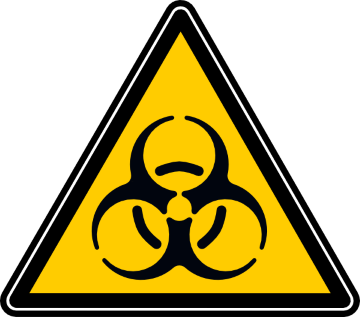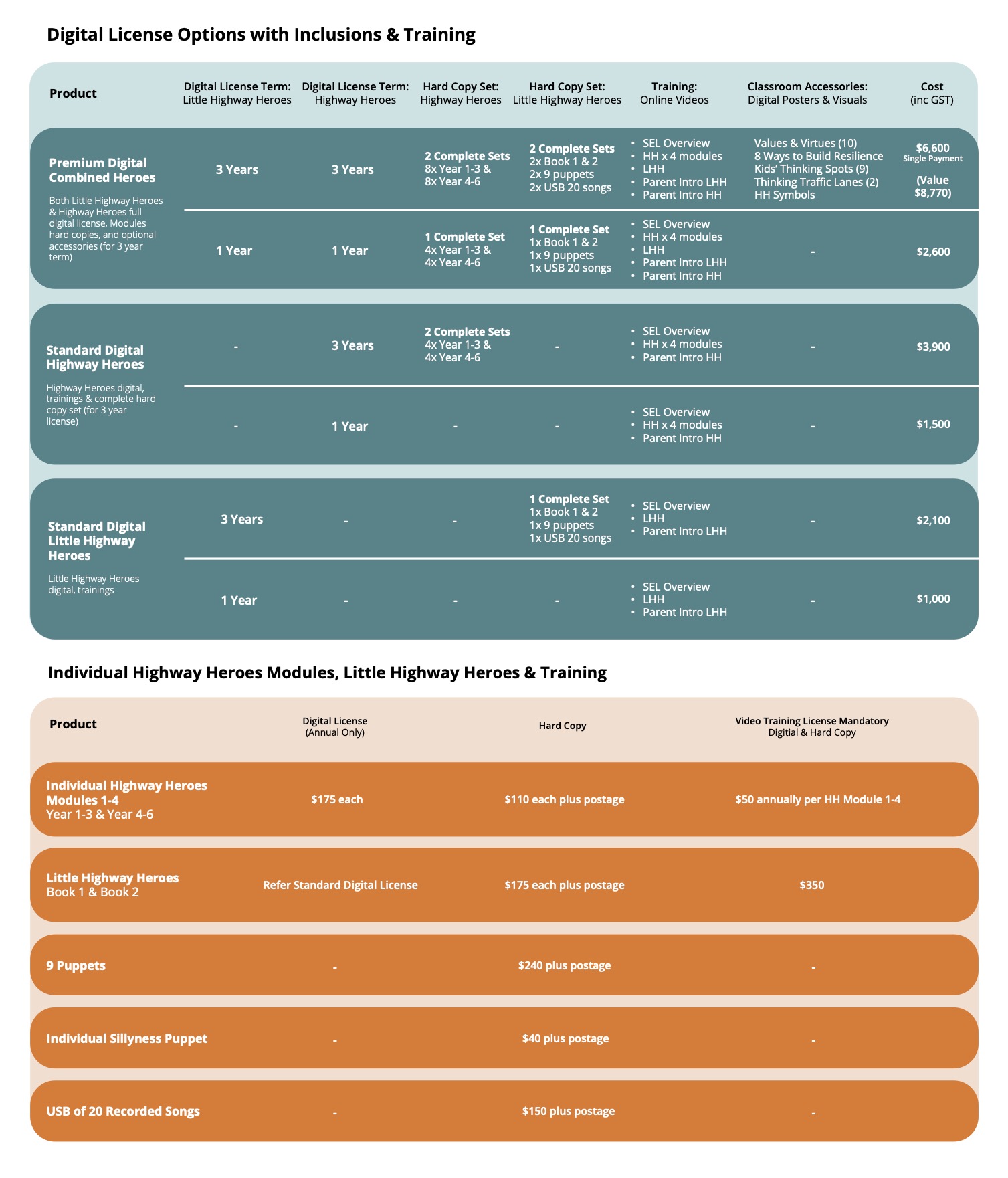Friendships can be complicated. The childhood fantasy of a BFF who is always nice, kind, empathetic, available… is generally shattered relatively early when they come to the realisation that friendships are complex relationships that ebb and flow, weaken and strengthen and have other relationships attached to them.
We all want and need friends. One, two, a huge group – friends are a part of all our lives and serve an important role in wellbeing. However, friendships can sometimes become toxic, hurtful and vengeful – and for the child who has experienced being at the end of a wildly yo-yoing friendship – there are some stories to tell.
So, when is a friendship toxic?
All friendships have some sort of hierarchy and those at the top can wield their power kindly – or not. These power differences can lead to uncharacteristic behaviour as a usually kind child tries to claw their way up the hierarchy. Ever witnessed this in your own child?
The powerful child at the top can deliver a lot of pain. If your child has come home tearful and hurt because a friend has been particularly nasty, you can bet your bottom dollar that it’s all about position in the hierarchy. They’ve been:
- Demoted – someone has taken their place
- Demonised – that’s unpleasant
- Demoralised – someone’s told a secret or betrayed a confidence as they’ve attempted to climb the hierarchy
- Ditched – the on-again-off-again nastiness
The signs and symptoms
“I’m just kidding”, the eye rolling or, “I just want to hang out with someone else today!” Has your child heard these -and felt hurt and embarrassed? Called ‘relational aggression’ this within-friendship toxicity is bullying by harming someone’s relationships or social status. Social manipulating, on-again-off-again friendships, malicious rumours and gossip, ignoring, excluding, alliance building, intimidation, manipulative affection – this is what we’re talking about.
The impact
This form of bullying is difficult to spot and often labelled by adults as ‘friendship dramas’ brushed aside with a casual, “It will pass; just a kid/girl/teen drama!”
Typically, the impacted child won’t report it – rejection is embarrassing, and complaining about it risks the friendship. Instead, the child tries harder and harder to please as the way back to acceptance and inclusion. (Is this making your heart go clunk?) And so begins a cycle where the bullied child works harder to please, and the power of the ‘bullyer’ in the hierarchy grows.
Solutions- for parents and children
It is important for children to be taught that healthy relationships require boundaries. Boundaries with friends are often much harder to patrol and enforce. Here are some suggestions that help a child at the pointy end of relational aggression:
- Encourage inclusion in both school and community social networks to avoid dependence on one.
- Encourage your child’s involvement in positive, affirming relationships.
- Teach your child to be assertive – that are helpful in managing close relationships (these are different skills to managing other bullying behaviours). These are especially important for our girls who often find these skills difficult for fear of hurting someone’s feelings or appearing aggressive. At BEST Programs 4 Kids we call this ‘Straight Talk’ – and you can read more about it in our Kids’ & Parents’ Guides to Friends, Fitting in & all that stuff.
- Don’t dismiss your child’s complaints, but listen…really hard – when your child’s actions or comments show concern about friendship incidents.
- Identify practical, effective solutions and practise them – repeatedly – both at home /in class until they are ‘in the muscle’.
Research books and movies about friendship relationships – and share them.
What does this all mean?
While friendships bring much love and joy, they are not without their complexities. A toxic relationship has impact across all areas of life – and it’s no different for children. So, reach out and find help if these events are part of your child’s life, and teach the skills that will help them early. Have a look around our website – there’s lots here to help you do that.



5 Comments. Leave new
Just shared to my page facebook.com/tinystepsmakebigstrides
Looks like a great program.
Thanks Clare. Your page looks awesome – I will find you on Social Media and connect with you there.
Only just found this reply. We have used your ideas to great effect.
[…] And we also know that teaching girls and boys to manage bullying early and effectively is quite different. Without getting too gender stereotyped here, girls and boys react in the initial instance quite differently to bullying – and girls’ bullying and boys’ bullying are often very different too. You might like to read more in our Toxic Friendship blog. […]
[…] And we also know that teaching girls and boys to manage bullying early and effectively is quite different. Without getting too gender stereotyped here, girls and boys react in the initial instance quite differently to bullying – and girls’ bullying and boys’ bullying are often very different too. You might like to read more in our Toxic Friendship blog. […]